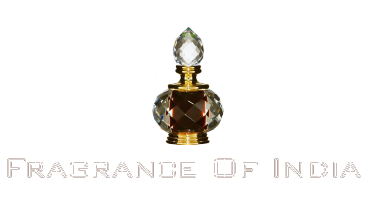Are aromatherapy oils and essential oils the same?
Dean Astley, Hair Stylist at Self-Employment (2001-present) Yes, and No.
Yes, and No. when buying essential oil for aromatherapy do not trust the label. Always go for the organic essential oil from a well-reputed company.
Although the use of aromatherapy essential oils isn’t new, it has definitely gained a wild fanfare in recent years. More and more people are using essential oils in place of artificial fragrances in the home and on their bodies, for culinary purposes, and for health and healing. The more we use aromatherapy essential oils, the more we fall in love, and it’s hard to remember a time when aromatherapy was an unfamiliar term.
Aromatherapy is the use of essential oils (plant oils extracted from leaves, flowers, and other parts). Each oil has a characteristic scent, and in aromatherapy, the oil is inhaled or used topically on the skin for sleep, headaches, and other conditions. Although essential oils are widely available, it’s important to understand how to use these potent oils.
Whether you’re using a diffuser, steam inhalation, spray, or you are simply inhaling a drop or two of essential oil on a cotton ball, be sure to test a very small amount first because allergic reactions can occur.
A common mistake when using essential oils is to use too much. Usually, one to three drops is all that is needed.
When using essential oils on the skin, in a bath or shower, or in an aromatherapy massage, always dilute the oil and be careful not to use too much. Essential oils are absorbed through the skin, and using an excessive amount or applying undiluted essential oils to the skin can result in an overdose.
Although recommended amounts may vary, a typical concentration for occasional use is 1 percent for the body and 0.5 percent for the face (or other delicate skin).
For regular or daily use, 0.5 percent or less is often suggested. Generally, the larger the area (e.g. a body massage) or the more frequent the use, the less concentrated the product should be. Skin irritation, contact allergy, and burns can occur when using essential oils topically. Always do a patch test when using new essential oil.
Be sure to store essential oils out of the reach of children.
Avoid getting essential oils in your eyes, nose, or ears. Wash your hands thoroughly after using essential oils. If you’re blending or working with pure essential oils, you may want to get disposable latex gloves (or latex-free alternatives) from the drug store.
Don’t take essential oils internally. Even small amounts can be toxic and potentially fatal if ingested. Before going out in the sun or to a tanning booth, avoid essential oils that increase your sensitivity to the sun, such as bergamot, grapefruit, and other citrus oils.
If you have a medical condition, consult a qualified practitioner before using essential oils. Certain essential oils should not be used by people with health conditions. Also keep in mind that the safe limit for pregnant or breastfeeding women, children, and those with medical conditions or who are taking medications has not been established.
Dean Astley, Hair Stylist at Self-Employment (2001-present) Yes, and No.
What is Attar? Attar, also known as “Itra” or “Ittar”
Yeh tera zikra hai, ya itrA hai, jab jab karta
Need assistance? Have a question? Don’t hesitate to contact us! Our dedicated support team is available to help you with anything you need.

Haryan, 122001